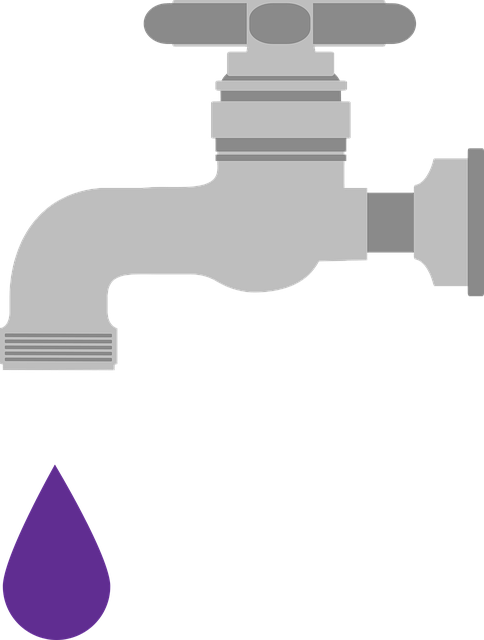Homeowners should be vigilant about Signs of a Clogged Drain to avoid costly plumbing issues. Ignoring unusual noises, slow drainage, or foul odors can lead to severe clogs caused by grease, food scraps, hair, soap residue, non-biodegradable items, or tree roots infiltrating pipes. If standard remedies fail, professional plumbers should be called to identify and fix problems using specialized equipment and expertise, preventing future disruptions.
Many homeowners overlook subtle signs that indicate a clogged drain. This can lead to bigger problems and costly repairs. Learn to recognize the unobtrusive warning signs, understand common causes of drain clogs, and know when it’s time to call a professional plumber. By being aware of these key indicators, you can prevent major disruptions and keep your drains flowing smoothly.
- Recognizing the Unobtrusive Warning Signs
- Common Causes of Drain Clogs You Should Know
- When to Call a Professional Plumber
Recognizing the Unobtrusive Warning Signs

Many homeowners often overlook subtle signs that could indicate a clogged drain until it becomes a more significant, and often costly, problem. The sneaky nature of these warning signs can make them easy to ignore or dismiss as temporary glitches. However, being proactive in identifying these signs is crucial for maintaining a healthy plumbing system.
Pay attention to unusual noises like banging or echoing sounds coming from the drains, which could suggest an underlying blockage. Additionally, water that takes an unusually long time to drain or forms pools around the basin are clear indications that something might be amiss. Even changes in water pressure or the presence of foul odors emanating from drains can be early warning signs of a clogged drain, requiring immediate attention before it leads to more severe plumbing issues.
Common Causes of Drain Clogs You Should Know

Many homeowners often overlook the subtle signs of a clogged drain until it becomes a persistent problem. Understanding common causes is key to maintaining smooth drainage and preventing severe clogs. One of the primary culprits is buildup from everyday items like grease, food scraps, hair, and soap residue. These substances can congeal and form hard-to-remove deposits in pipes over time. Additionally, flushing non-biodegradable materials down the drain, such as wipes, tampons, or even certain types of paper, can quickly lead to clogs. Another often-overlooked cause is tree roots infiltrating pipes; as trees grow, their roots can extend into drainage systems, causing blockages and even pipe damage.
When to Call a Professional Plumber

If you’ve tried the standard remedies for unclogging drains—like using a plunger or drain snake—and still can’t clear away the blockage, it’s time to call in the pros. Persistent clogs that won’t budge might indicate more serious issues like broken pipes, root intrusions, or severe buildup that requires specialized equipment and expertise to address safely and effectively. A professional plumber has the tools and knowledge to identify the exact cause of your drain problem and provide long-lasting solutions, preventing future clogs from disrupting your daily routine.
Many homeowners often ignore subtle signs of a clogged drain, assuming they are merely temporary glitches. However, addressing these early indicators can save you from costly repairs and minimize damage. By being vigilant and understanding common causes, you can effectively navigate the maintenance of your plumbing system. Remember, knowing the signs and when to call a professional plumber is key to keeping your drains flowing smoothly.
